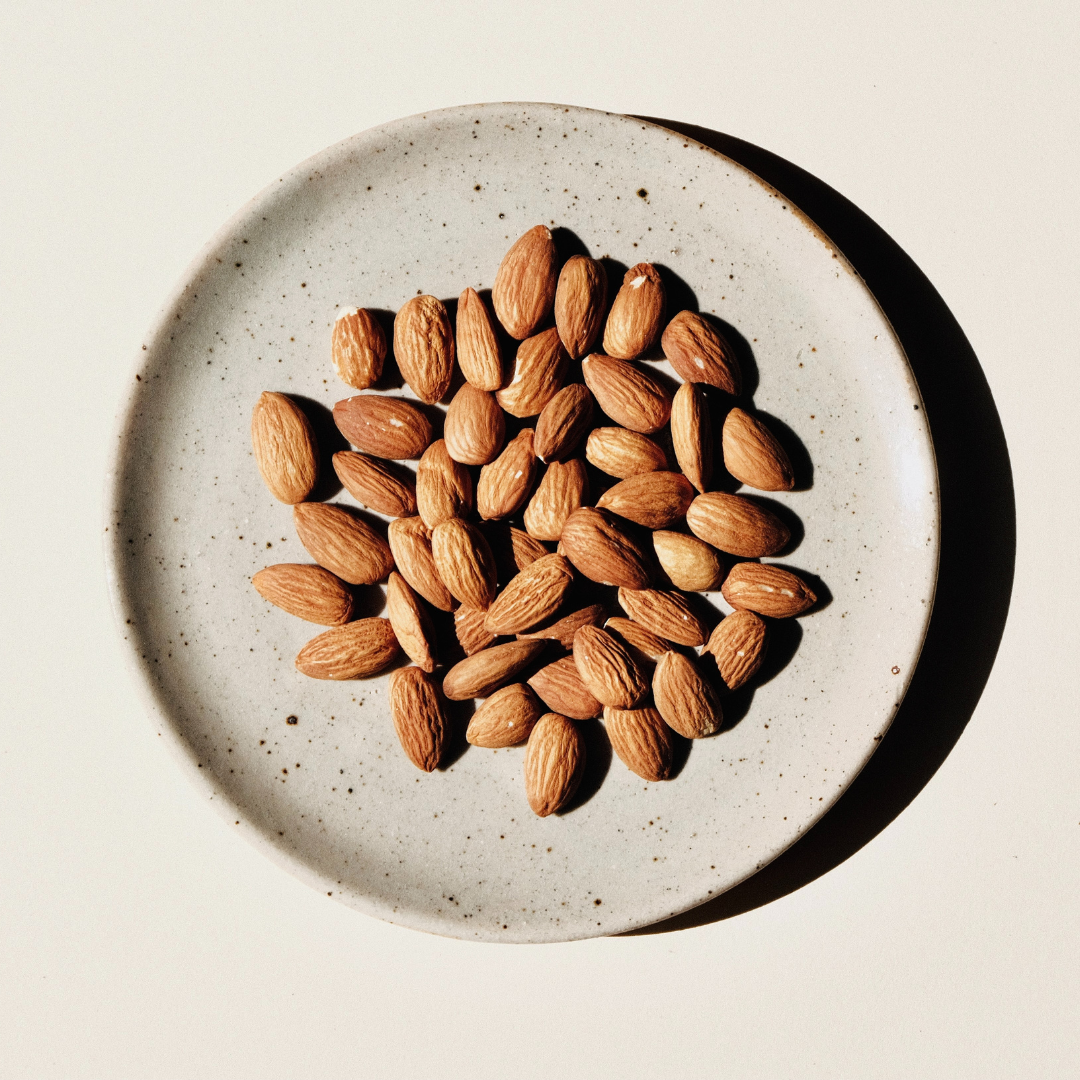
Why You Should Activate Your Nuts & Seeds
Have you ever wondered why soaking and dehydrating your own nuts and seeds is gaining popularity in the health-conscious community? It turns out that this simple practice offers more benefits than meets the eye. Just like grains, raw nuts and seeds contain enzyme inhibitors, and understanding why this matters can significantly impact your overall well-being.
The Enzyme Inhibitor
Enzyme inhibitors, such as phytic acid, are naturally present in raw nuts and seeds. These inhibitors play a critical role in the life of a plant, but when it comes to human consumption, they can act as anti-nutrients. In other words, they interfere with the absorption of essential nutrients, potentially affecting our health.
But there's more to the story. Enzyme inhibitors also make nuts harder to digest. These inhibitors are essential for a seed's survival until germination, preventing it from sprouting prematurely. While this mechanism is fascinating from a botanical perspective, it can pose challenges for our digestion.
Unlocking the Nutritional Power
Soaking your nuts and seeds replicates the germination process, liberating those enzymes and eliminating the inhibitors. When you soak these nutritional powerhouses, you're essentially giving them the green light to soften up and prepare for growth. This process not only enhances digestibility but also ensures that the enzymes are free to work their magic.
The option to dehydrate the soaked nuts is available, and it's a step worth considering. Not only does it restore their delightful crunchiness, but if you keep the dehydrator temperature below 115 degrees Fahrenheit (45 °C), you'll preserve the raw state of the nuts, ensuring they're rich in enzymes.

The Digestive and Metabolic Enzyme Duo
Two main types of enzymes are at play here: digestive and metabolic. While our bodies produce these enzymes, incorporating foods rich in digestive enzymes can help reduce the strain on our system, allowing it to focus on generating metabolic enzymes that keep our bodily functions running smoothly.
Germinated, raw nuts and seeds are excellent sources of digestive enzymes. By aiding the digestive process, they indirectly support our metabolic enzymes, which are responsible for maintaining various systems in our bodies.
Is Soaking Nuts Just a Myth?
While some skeptics may label soaking nuts as a myth, the practice carries more weight than you might think. Traditional cultures have practiced nut preparation for generations, suggesting a historical understanding of its benefits. Although scientific studies are limited, anecdotal evidence and historical practices strongly suggest that soaking nuts is a helpful and beneficial practice.
Individual responses to food can vary, while some may not notice a drastic change, others with weaker digestive systems or those who regularly consume nuts might experience a significant difference.

How to Activate Your Nuts & Seeds
Soaking nuts before consumption requires some preparation, but the benefits are worth the effort. Here's a step-by-step guide to get you started:
- Pure Water: Use filtered water to ensure the best and most nutritious results. Tap water may contain chemicals that you don't want absorbed into the nuts.
- High-Quality Salt: Opt for mineral-rich sea salt. Add 2 to 3 teaspoons of salt per 4 cups of nuts or seeds. Avoid table salt, which lacks nutritional value. Salt is an important part of the enzyme-activating process.
- Soaking Time: Soak nuts and seeds in the salted water for at least 7 hours or overnight. Adjust soaking times for specific nuts, such as cashews, which need a shorter duration to maintain their texture and taste.
- Dehydrating Temperature: Use a dehydrator set at 35 °C for optimal enzyme preservation and crispness. Alternatively, set your oven to 35 °C and place your nuts & seeds in a single layer on a baking sheet to dehydrate over the next 12 hours.
- Dehydrating Time: Dehydrate nuts & seeds for 12 to 25 hours, depending on their size and density. They should be thoroughly dry and crisp.
- Storage: Keep dehydrated nuts & seeds in an airtight container. They can last for weeks in the pantry if properly dried, and refrigeration can extend their shelf life. We always recommend refrigeration!
Incorporating soaked and activated nuts & seeds into your routine might just be the key to unlocking their full nutritional potential. With improved digestibility and enzyme-rich goodness, these nuts can become a valuable addition to your diet.
References:
Harvard T.H. Chan School of Public Health. "Anti-Nutrients." Nutrition Source, Harvard University, https://www.hsph.harvard.edu/nutritionsource/anti-nutrients/ (Accessed 02, August, 2023)
Weston A. Price Foundation. "Living with Phytic Acid." Weston A. Price Foundation, https://www.westonaprice.org/health-topics/vegetarianism-and-plant-foods/living-with-phytic-acid/#gsc.tab=0. (Accessed 02, August, 2023)

Follow Our Instagram For Exclusive Content





 د.إ / AED
د.إ / AED



Leave a comment